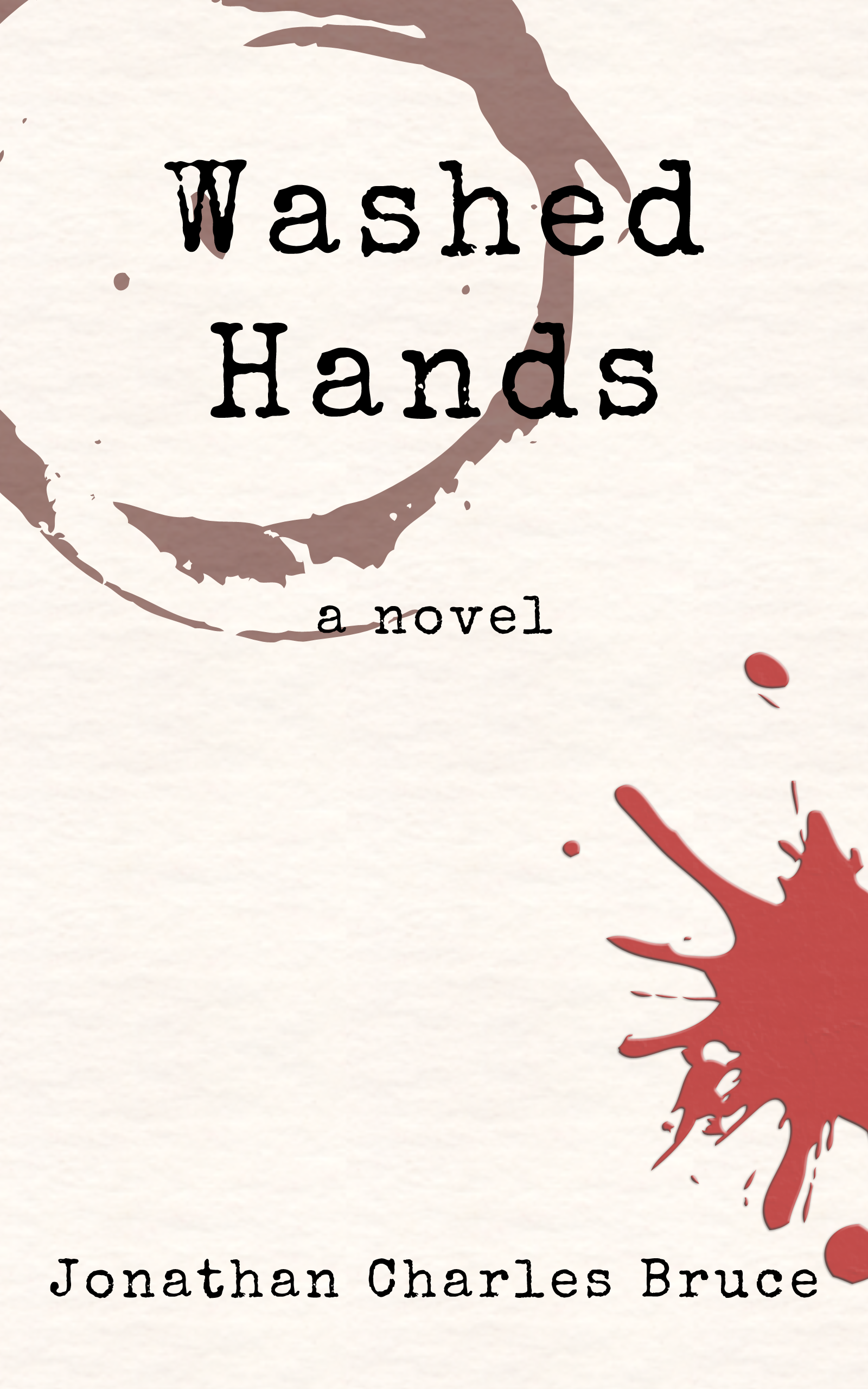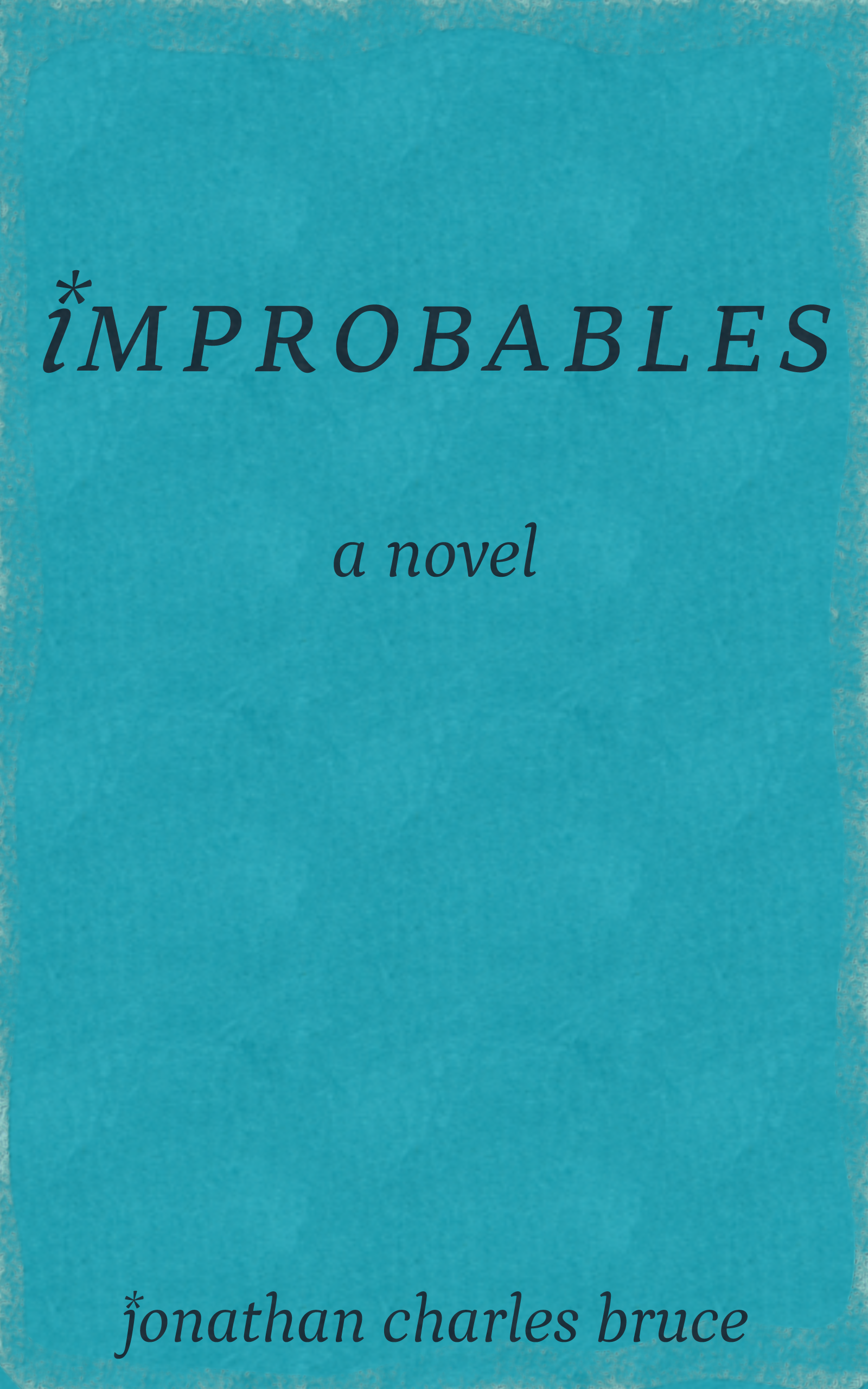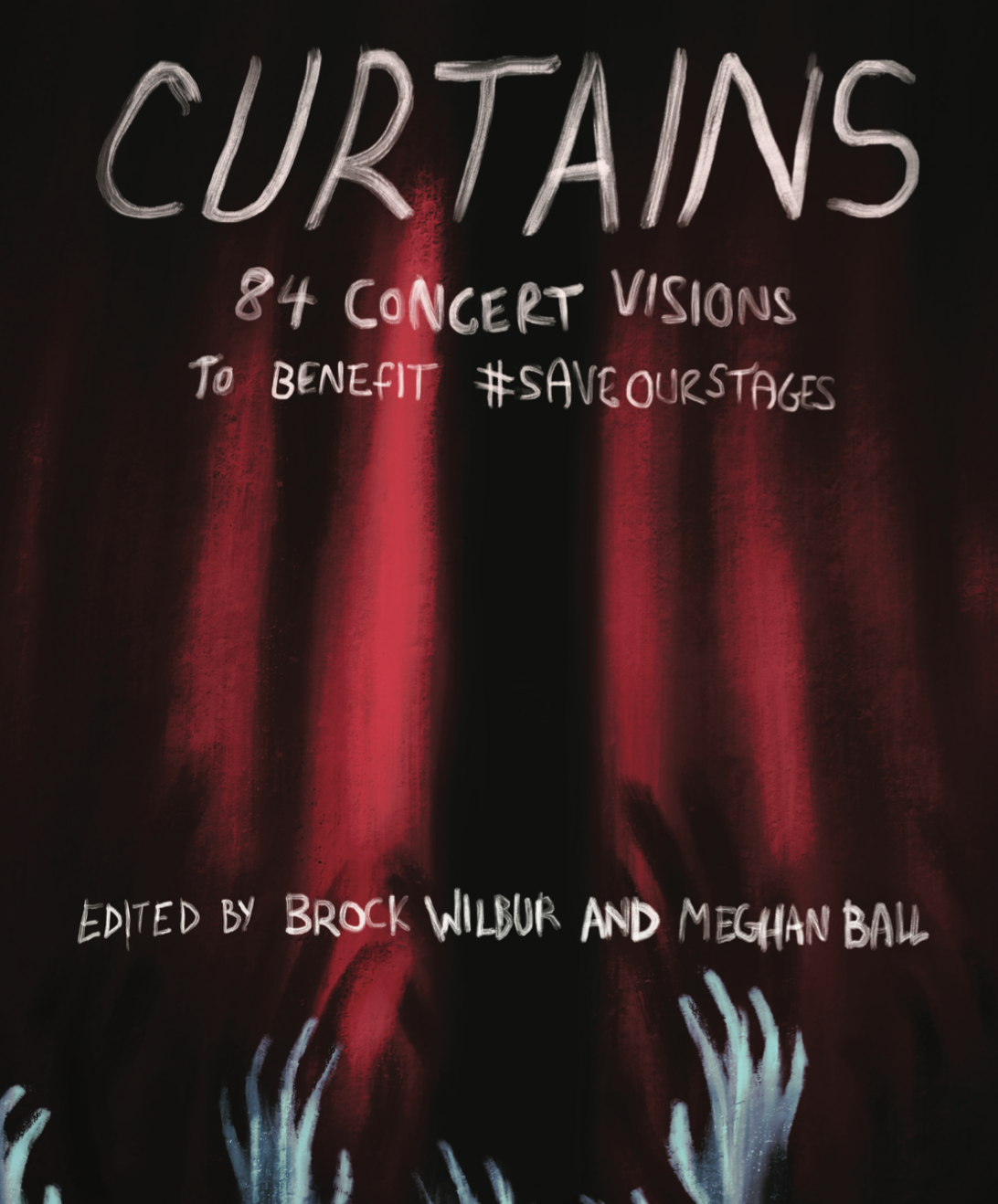Some Project Northwoods Reflections
So, Project Northwoods was released on ebook and paperback last week through the good folks at Booktrope Publishing. It is now available for your unabashed judgment at most major online retailers, including the venerable institutions Amazon and Barnes and Noble. I’m sure you can also go to your local bookstore and ask if they would be willing to order it for you, which is an extra step in the whole thing but is certainly an option that you can exercise. There’s also a smattering of contests for you to partake in if you are into Goodreads and demand your books in physical forms or if you prefer your books electronic.
There was a promotion here, but it is gone now.
To be entirely honest, after the flurry of activity last week, I’m feeling a little scattered at the moment. I just completed Washed Hands a couple of weeks ago and still have to go through initial editing on that before it can be prepped for publication. I teach a class at UWM on top of tutoring in their Writing Center. So on top of finishing up the cover design and manuscript and all that, I had to dedicate several hours to crafting a lesson for my students to not fall asleep to.
Biggest of all, though, I feel like a bonehead because two people who were very integral to my discovery of Booktrope – my good friend Colleen Dorman and author Paul McComas – went unacknowledged in my book’s acknowledgments thanks to my apparent inability to focus.
These things happen, of course. Although I can keep track of a lot of minutiae, the couple of things that slip by tend to be on the cataclysmic side of things. For instance: I can tell you the birthdays of my immediate family, yet the actual dates can sail right by without a second thought. To be fair, that’s usually because I’ve earned the unpleasant attention of a badger or similar woodland monster, but that excuse tends to play itself out very quickly. People begin to wonder if you fall back onto the old “but Mother Nature has declared war!” excuse one too many times.
Long story short, Colleen and Paul were and still are very dear to me, especially for their respective roles in bringing Project Northwoods to the page.
There are other things that crop up as well. Questions that eat at you. Did you address this potential issue? Did you make sure all the dialogue fits the world you created? Did you use this phrase enough to be annoying? Does this phrase pop out of nowhere, never to be used again, and looks like you’re trying to show the reader how smart you are? Are you being accidentally judgmental of an entire demographic? Why the hell did you choose then to describe something in psychotic detail? Where the hell do you get off pretending to be an author?
Make no mistake, a book is an incredible undertaking. And the longer it is, the more things seem to spiral into panic attack territory. It took until the final draft for me to realize there was an incorrect number of floors in a building based on a previous chapter. It’s one of those minor things that only people paying really close attention would get, point out, and feel all smug afterwards over. But I’m one of those people, and I know from direct experience that no one likes hearing us speak.
So I fixed it – it took less than a minute – and you think I’d be able to move on.
Nope.
Thousands of little pinpricks begin to eat at you. On their own, they don’t amount to much at all. But they begin to fester. Did I fix it well? Is it still consistent? Does it come up in later chapters? Was it actually right the first time, and I over-thought it? Do the sentences I added have corrected spelling, grammar, and punctuation? Am I going to have to read this entire thing again, just to make sure that one line squares with everything else?
And then there’s the subtle pull at the back of your head – if you missed this until now, what else has gone unnoticed? What massive plot hole has been staring you in the face, holding back laughter until you have the audacity to charge people money to read it? It’ll be a big one, too, won’t it? Like Disney’s Beauty and the Beast, where the internal timeline of the film makes no goddamn sense. Someone’s going to point it out, and it will forever undermine your plot structure. Yet here you are, about to send it off, smugly believing that you have any right to try to entertain people. Christ, you’re not even original – The Tick and The Venture Brother have been doing the self-aware super hero genre forever (for the purposes of this discussion, I apparently have a condescending voice in my head that refuses to identify directly with me. Also, it’s very mean).
I suppose it’s the charge of creative bankruptcy that scares me the most. Sure, the technical aspects of grammar and punctuation are always something to be concerned about. After all, we want to be taken seriously. The best crafted stories also need a foundation of creativity. There’s the old saying that there are no original stories left – that everything that could be told has been, and now we’re just remixing everything until the heat death of the universe. See, I’m okay with the idea of being not 100% original. There’s nothing particularly original about Star Wars, considering it began life as a knock off of Flash Gordon that somehow tapped into the cultural zeitgeist. And then there’s things like this that suggest that sometimes even the most iconic of characters were done before.
As an academic, I know the importance of citing your sources, but fiction doesn’t really quite have room for citation. But I also understand that the goal of an author is to take ideas and turn them into something new – maybe not better, but new. Put a new spin on an old trope. The tightrope between homage and ripoff can be tricky.
While it is true that Ben Edlund – creator of The Tick – is hugely influential on me, I really don’t think there’s anything in Northwoods that copies or mirrors it, outside of its self-aware nature. My original idea is definitely more in line with Edlund’s big blue super hero: a guy wants to become a super hero but is continually rejected for being too ineffectual. At the same time, a super villain is continually rejected for being too awesome. They hatch a scheme to essentially go rogue and do things themselves – the bad guy gets to be a threat, and the good guy gets to save the day. Proving he can be defeated, the villain gets approval. Proving he’s not awful, the hero gets to be a hero.
Northwoods went in a decidedly less comedic direction. The result is still a satirical deconstruction of the genre with plenty of moments of self-awareness, but I don’t think anyone can accurately call it a comedy in the vein of The Tick or The Venture Brothers. I would think it would be an honor to have it spoken about in the same sentence, provided that sentence doesn’t include the word “sue” or any of its other conjugated forms.
Then there’s the character of Zombress, which the nagging voice in my head is sure some enterprising cretin is going to say is a rip off of Bayonetta. But before we dive into that can of worms, let me provide some context: in the original play, she was a he by the oh-so-imaginative name “Zombor”, a reference to Chrono Trigger of all things. But deciding that more women in the cast would be a welcome change, I swapped him out for a her and renamed the character. Her original incarnation is an aloof, kind of dull villain. Essentially, someone overpowered but fundamentally boring – think Superman taken to his white bread personality extreme.
The transition between stage and book took about five years (it was originally written in 2005). In that time, I played the game Bayonetta and became enamored with it (especially the music). Outside of the fact that it is an excellent game overall, the entire setup is an intellectual jungle gym that I still have a bit of trouble coming to grips with. We have a female protagonist, always in control, but always engaged in “the spectacle” of the video game medium. She acts as though she knows she is being watched by the viewer the entire time (which itself is an ontological nightmare), revealing that we as the audience know nothing about her outside what she (that is to say, the creators) show us. Ergo, we know a persona rather than a person.
Although Bayonetta is hardly a super hero game, it actual presents a fascinating super hero conundrum: civilians would end up “knowing” the personality of these living legends as these kind of performance art personas, but nothing else. Bayonetta, the angel killing, rose petal bleeding, demon summoning, Dante’s Inferno-dimension swapping, guns-on-the-hands-and-feet badass just does what she does for the sake of the player and the angelic forces she’s murdering. Outside of very, very few moments, there’s very little humanity to the character.
This suits the game just fine, as she’s basically a pallette-and-gender swapped Dante from Devil May Cry, a game and protagonist that suffers from essentially the same level of macho-posturing pseudo-personality. But what makes her an effective game character also makes her difficult to engage with on any significant emotional level. Sure, you can like the character, but engaging with her is the problem. Outside of being her pilot, there’s no sense of involvement in her experiences. As a post-feminist icon, totally in control of her own sexuality and a heel-stomping badass to boot, she suffers more than a little bit from being a cardboard cutout.
The idea with Zombress, then, was to take the boring stage play character and make her at one with the spectacle – like I mentioned, the business of super heroes and villains is very much a kind of performance art. She knows how to quip, use her considerable reality-bending powers for the entertainment of onlookers, and is enough of an acrobat to flip around like a mouse on cocaine. Her extroverted fighting personality is almost playful, but she is decidedly not.
Pulling back the curtain shows that Zombress – who is essentially a god – is fundamentally unable to relate to others outside of basic empathy. She has little patience, grows irritated with squabbles, and looks at other people like they’re little squawking aliens. And why wouldn’t she? She’s a woman who has lived entire lifetimes hounded by governments and individuals, admired for powers that forcefully rewrite the bonds holding the universe together, and carrying the equivalent of a psychic time bomb with her wherever she goes. Such an ability is so incredibly powerful that the mere act of controlling it is draining, physically and mentally. Here, Zombress is the pinnacle of introversion.
Ultimately, just as Dr. Manhattan from Watchmen withdraws from his humanity, Zombress, too, has withdrawn. She is still more attached to the events around her and capable of emotions, but it takes a lot of work for people in general to relate to one another. Add an almost crippling power to it, and then it becomes safer and saner to just stay away. In effect, her surliness is a result of what empathy she has with people rather than misanthropy.
The idea of juxtaposing these personalities is to undercut the genre’s consistent attempt to make heroes and villains the same people when they’re fighting as to when they’re arguing about who ate the last of the sushi. Zombress’s performative personality is built from academic observation, something an intellectual would create after watching television, movies, and “real life” super hero combat. Her actual personality – curmudgeony, annoyed, etc. – is kept hidden and used as a means to keep others away. She’s godlike yet vulnerable, immortal yet human.
It could be that I’m having a mild panic attack over nothing. It could be that I’m drawing attention to inspirations that most people never would have made on their own. I worry a lot. It’s kind of one of my key features. And you know what? I don’t even know why I’m bothering. I can talk all day about my academic deconstruction of a genre in a fictional setting. People will see what they want to see. And what we came here to see were tits and explosions.

Well, I have 50% of that covered, anyway.
< PREVIOUS ENTRY • NEXT ENTRY >
Advice • Fiction • Gaming • General Musings • Reviews




